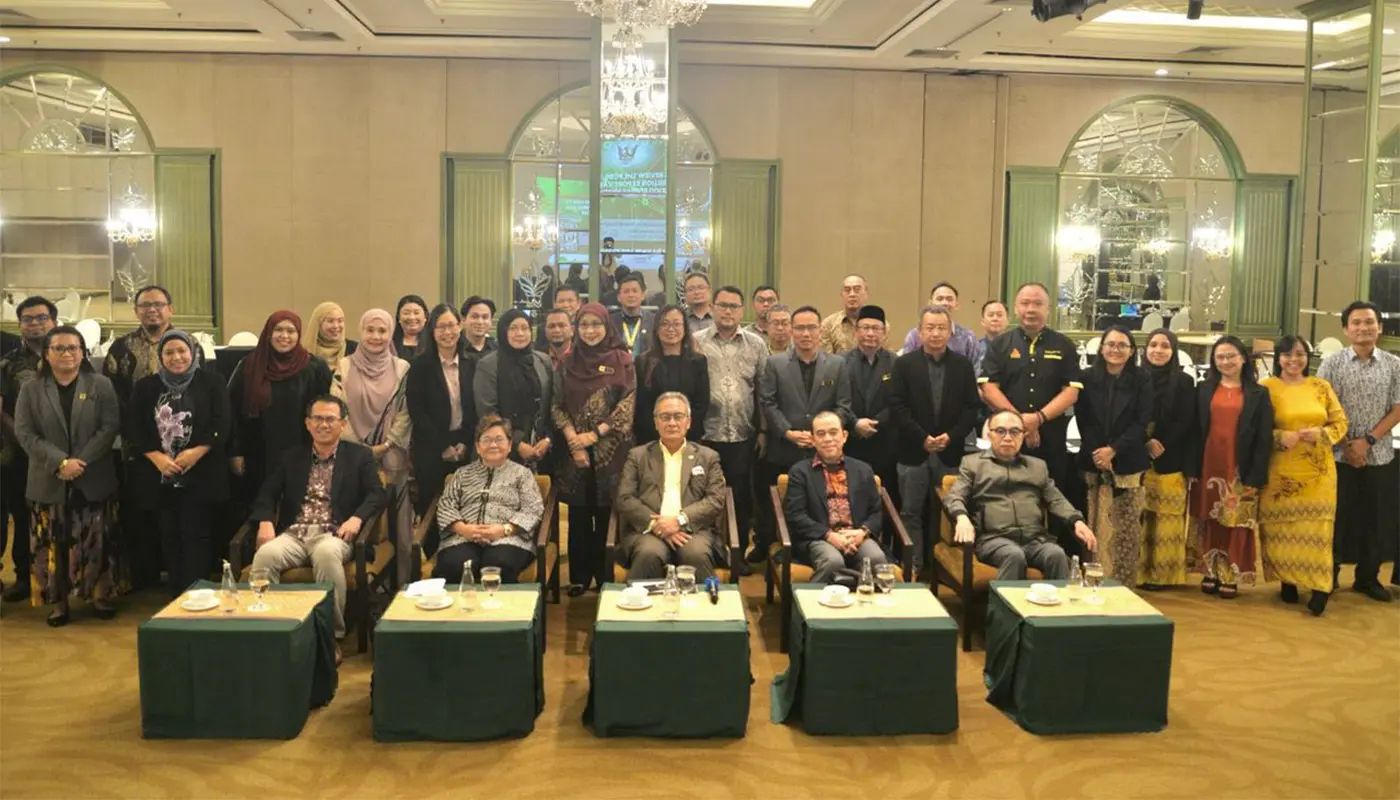KUCHING – The Sarawak Timber Industry Development Corporation (STIDC) has intensified its efforts to align the timber and non-wood forest products sector with the objectives of the Post-COVID Development Strategy (PCDS) 2030, following a two-day strategic review workshop held on 12–13 November.
The workshop brought together more than 70 participants, including representatives from government agencies, the Sarawak Timber Association (STA), the Sarawak Furniture Industry Association (SFIA), and major industry players such as Harwood Timber Sdn Bhd.
The session was designed to evaluate current progress, identify shortcomings, and refine strategies for the 2026–2030 period.
Permanent Secretary of the Ministry of Natural Resources and Urban Development, Datu Abdullah Julaihi, underscored the sector’s importance, noting that it provides around 12,000 direct jobs and generated approximately RM2.84 billion in export earnings in 2024.
However, this figure remains far below the ambitious RM8 billion export target set under PCDS 2030.
“This workshop is both timely and essential. It allows us to take stock of our progress, identify gaps and realign effective strategies to meet our ambitious export goals,” he said.
Datu Abdullah stressed the importance of securing sustainable raw materials through certified forest management.
He encouraged industry players to diversify by exploring planted forests, rubber wood, bamboo, and biomass. These resources are seen as critical to ensuring long-term competitiveness in global markets.
Government initiatives already underway include forest certification programmes, conservation measures, and emerging carbon trading schemes.
These efforts are intended to strengthen Sarawak’s position internationally while addressing challenges posed by climate change, shifting geopolitical conditions, and evolving market demands.
The timber industry has faced recent setbacks, with export revenues declining nearly 10 per cent in 2024 compared to the previous year. Despite this, STIDC remains committed to its long-term vision.
The corporation has outlined plans to expand the panel industry, develop engineered wood, grow the furniture sector, and promote bamboo and biomass industries as part of its strategy to achieve the RM8 billion target.
STIDC will consolidate the findings from the workshop into a comprehensive report. This document will guide policy adjustments, improve institutional coordination, and support sustainable sectoral growth.
Datu Abdullah reaffirmed that the timber industry remains a cornerstone of PCDS 2030. He emphasised that continued collaboration between government, associations, and private stakeholders will be vital in positioning Sarawak for sustainable economic expansion.







